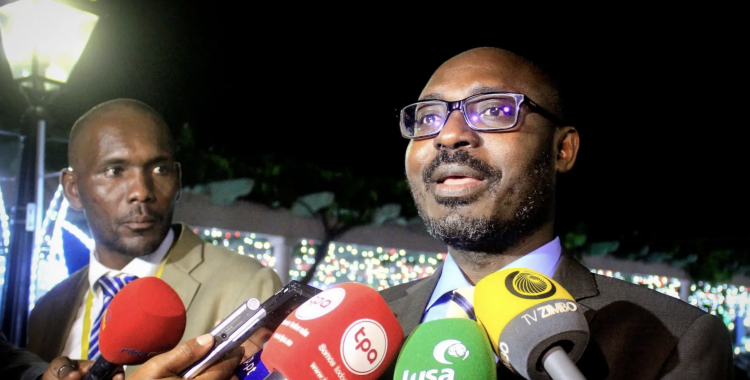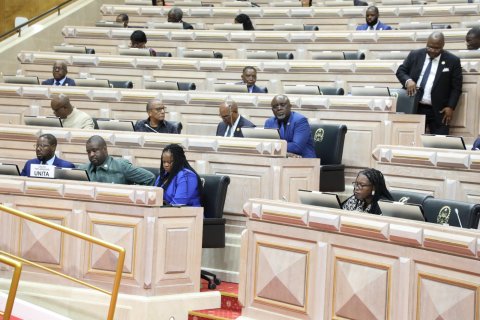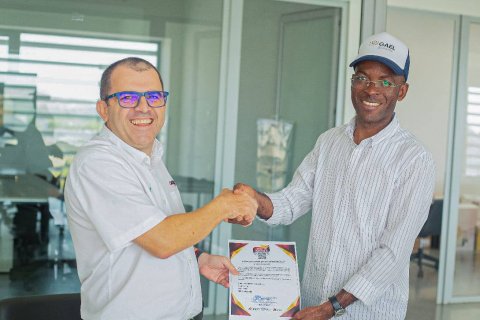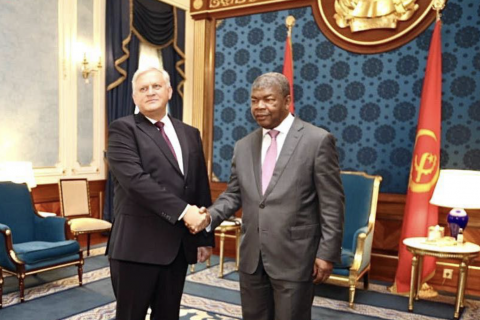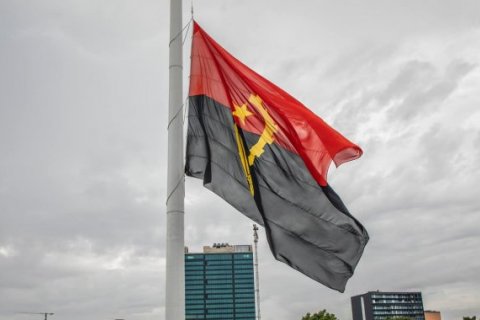In Angola, the "history of an independent judiciary does not exist", the journalist stated, pointing to the "Marxist formulation", he stressed, of the then Constitutional Law (Angolan), which "did not admit that the law was independent, but merely a mere projection of the infrastructure of production relations".
"Then, due to its characteristics as a pure instrument of political power. There will be exceptions, but the picture is demoralizing", said Rafael Marques, during the "Colloquium on Ethics and Professional Deontology", promoted this Friday by the Angolan Bar Association (OAA).
The activist argued that the search for an independent judiciary for Angola "is the first task of a Bar Association in tune with civil society", stressing that the Association is the representative of civil society for the "balanced and harmonious organization" of the law.
The journalist also considered that society, law and the judiciary are intrinsically linked, "and without this harmonious existence, peaceful coexistence is not possible", where the Order assumes an important role in Angolan society, he said.
And the first instruction is that the Order "must promote and contribute to the independence of the judiciary".
"The judiciary will only properly fulfill its role if it is independent and impartial, if all the people believe that it does justice", he explained.
"If this is not the case, it is not a true judiciary, but rather a mere executive power dressed in a gown", he stressed.
Rafael Marques, who was one of the speakers on the panel that addressed the duties of lawyers, in this colloquium commemorating the 28th anniversary of the OAA, which is being celebrated this Friday, also addressed the issue of corruption in the justice system, calling for an ethical stance from lawyers.
He considered that the stories, "more or less proven, of corrupt judges and prosecutors abound", noting, however, that in situations of corruption among judges and prosecutors, the role of lawyers "is the other side of the same coin".
"One is corrupted, the other corrupts. Without one, there is no other", he argued, referring that the promotion of ethics and deontology of lawyers against corruption is also a fundamental task in the connection between civil society and the OAA.
For the director of the "Makaangola" portal, it is up to the president of the OAA to highlight the importance of providing the Justice system with adequate means to confront corruption, "starting with that which is practiced by lawyers".
"In short, the role of the Order is to act as an agent of civil society, as a promoter of the independence of the judiciary and as a guarantor of the fight against corruption in the justice system", concluded Rafael Marques.
The colloquium took place under the motto "Ethics and Deontology in the Legal Profession as a Prerequisite for Dignifying the Class and Strengthening the Rule of Law".

